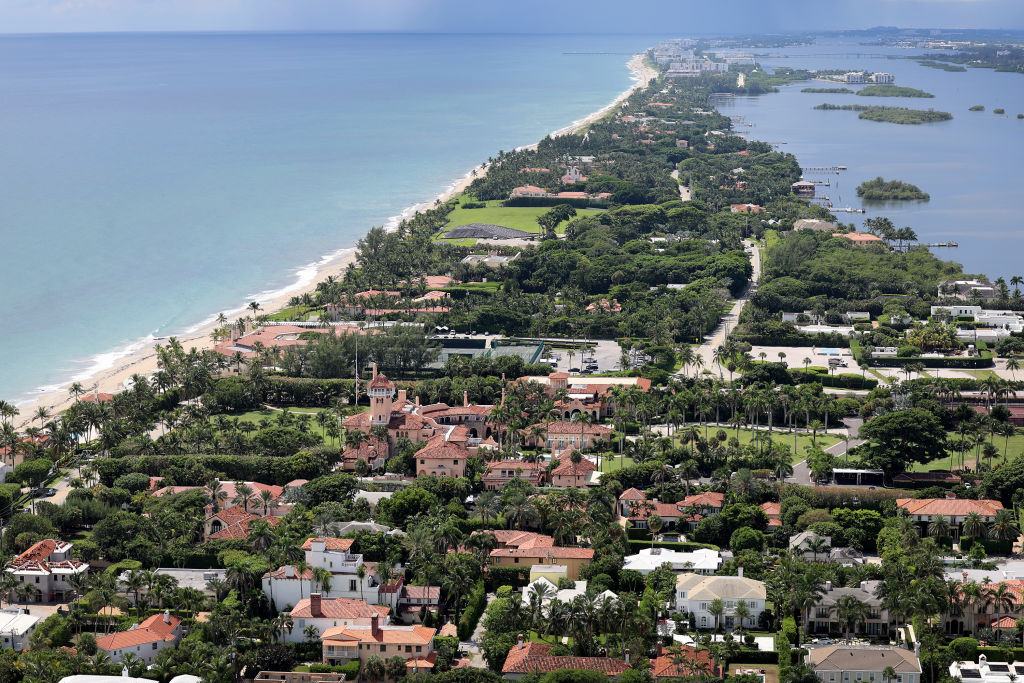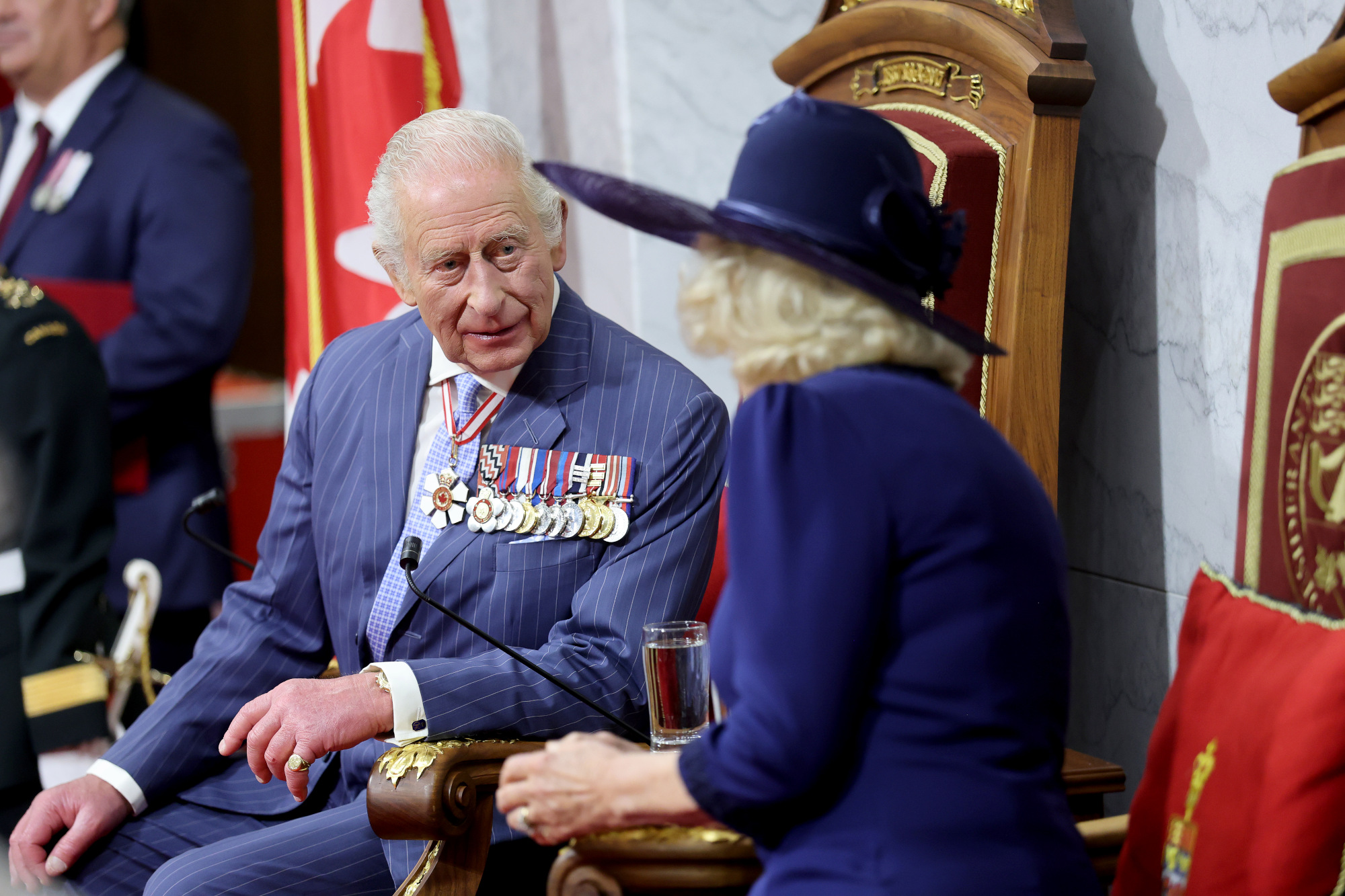Before I emigrated to Canada, I was told with some conviction that the English accent will serve as a powerful aphrodisiac to our North American cousins. With the help of Love Actually, this belief seems to have become engraved onto our national subconscious. Before I arrived on the continent, I rejected these rumors as nothing more than a lewd fantasy — although, I may be deflecting a personal flaw onto a national psyche.
When I landed in America, I was astonished by how dead-on the proponents of this theory were. From Tallahassee to Toronto, I blushed into that familiar English crimson as women flicked their hair at my ‘aluminium’, or smiled, slow and wide, at my clipped ‘t’s.
Tantalizing as this may be, we must make allowances. A beautiful woman (or any, for that matter) swooning over my vaguely camp drawl is far more memorable than the countless border guards who despise it. The limitation of this accent alone was that it failed to garner intimacy from the former group but invited it from the latter.
Heaving border guards aside, there is one demographic where this rule does not apply. An inhospitable region where the English accent induces ostracization and persecution. That land is Québec: the last gleaming hope of New France — and I, for some self-punishing reason, have chosen to live in it.
I was first warned about the Québecois’s dislike of the English by a taxi driver. When I asked him about Canada, he immediately lauded the country as a multicultural utopia. There was one caveat, however: ‘the French and English hate each other,’ he said gravely. ‘If they didn’t, Canada would be perfect.’
I dismissed the taxi driver’s counsel as a gloomy misconception. This was not out of any optimism for Canadian liberalism, but rather, an enthusiasm for the Québecois’s hedonism and the supposed charm of my English. Upon entering a Montreal club, I believed this would necessitate a perfect match.
As is often the case in Québec, the club was packed with beautiful women. The Québecois are an unreasonably attractive people, coming as quite a shock after the bleeding, yellow fangs and softened jawlines of the British. I suspect that this has much to do with their lineage: the first women in New France were carefully hand-picked by Louis XIV for their beauty, and were relocated to what Voltaire described as ‘a few acres of snow’, receiving a few livres as compensation.
As a result of this, it was with some excitement that I approached a Québecois. Speaking in her second language, she did not immediately recognize that I was British. When the conversation dwindled, I threw my hail mary: ‘I’m actually English,’ I said, expecting immediate enthusiasm. Instead, she tilted her ear in case she misheard, but the sight of me nodding vigorously reinforced her fears. She stood up and turned away, leaving me to splutter at her back in indignation.
A year ago, I do not think I had ever faced hostility on the basis of my nationality. This changed after a week in Québec, where cantankerous French men would hurl abuse at me from across the street. I hope I do not seem like I am inviting victimhood. On the contrary, I was rather impressed by the Québecois’s ability to pick out the unsuspecting Anglo-Canadian tourist and insult them — another charm omitted from the brochure.
Québec is one of the few locations on this planet where the conflicts of the 18th century are still visibly engraved onto the patterns of everyday life. In Québec City, for example, lies a monument to the British victor of Québec, James Wolfe. Graffitied over the monument’s plaque is the separatist maxim, ‘Vive le Québec Libre’. Only in Québec could such resentment exist for a man who died in 1759.
After two fervent independence referendums, Québec’s government imposed a set of draconian French language laws upon the province. These have ostensibly created a state of segregation between the English and the French: if you are Québecois, it became illegal to educate your child in English, and policemen now walk the streets searching for businesses to bankrupt who have not complied with their strict language regulations.
Canadian history has been defined by the English and the French attempting to come to terms with each other. There is, however, a certain inevitability with Québec’s independence. The unity of youth has given way to two isolated countries who, now in late marriage, have come to realize that there is no longer any tenderness left for one another. Québec is unmistakably separate from Canada — more so than Scotland is from England or Catalonia from Spain. At the very least, Scotland shares a language with England, and Catalonia a religion with Spain. Québec is proudly distinct in both.


























